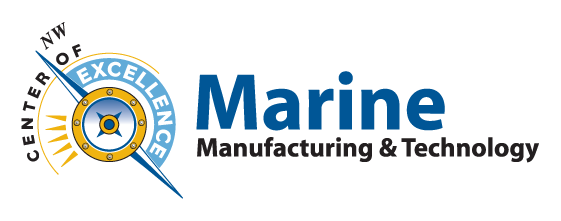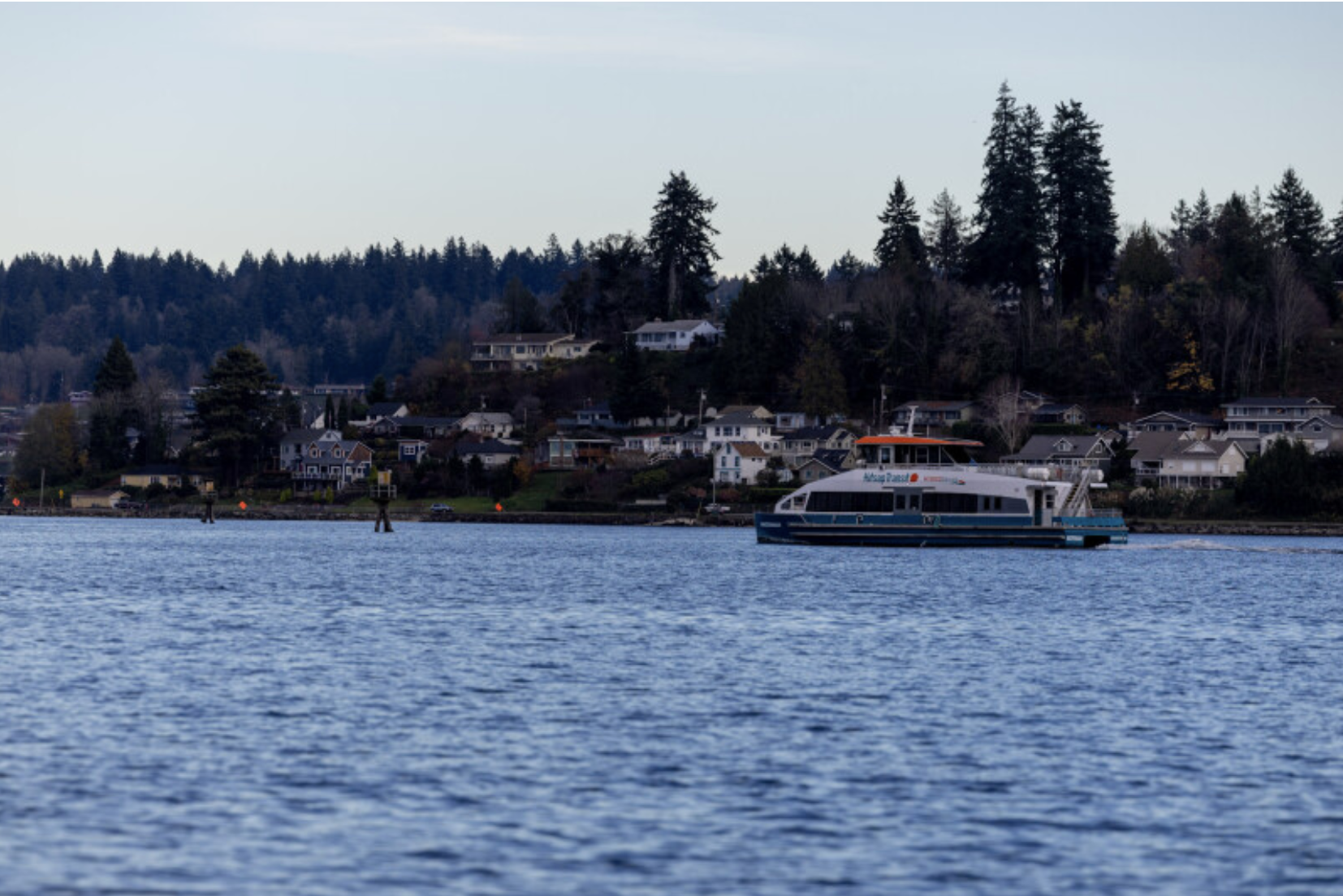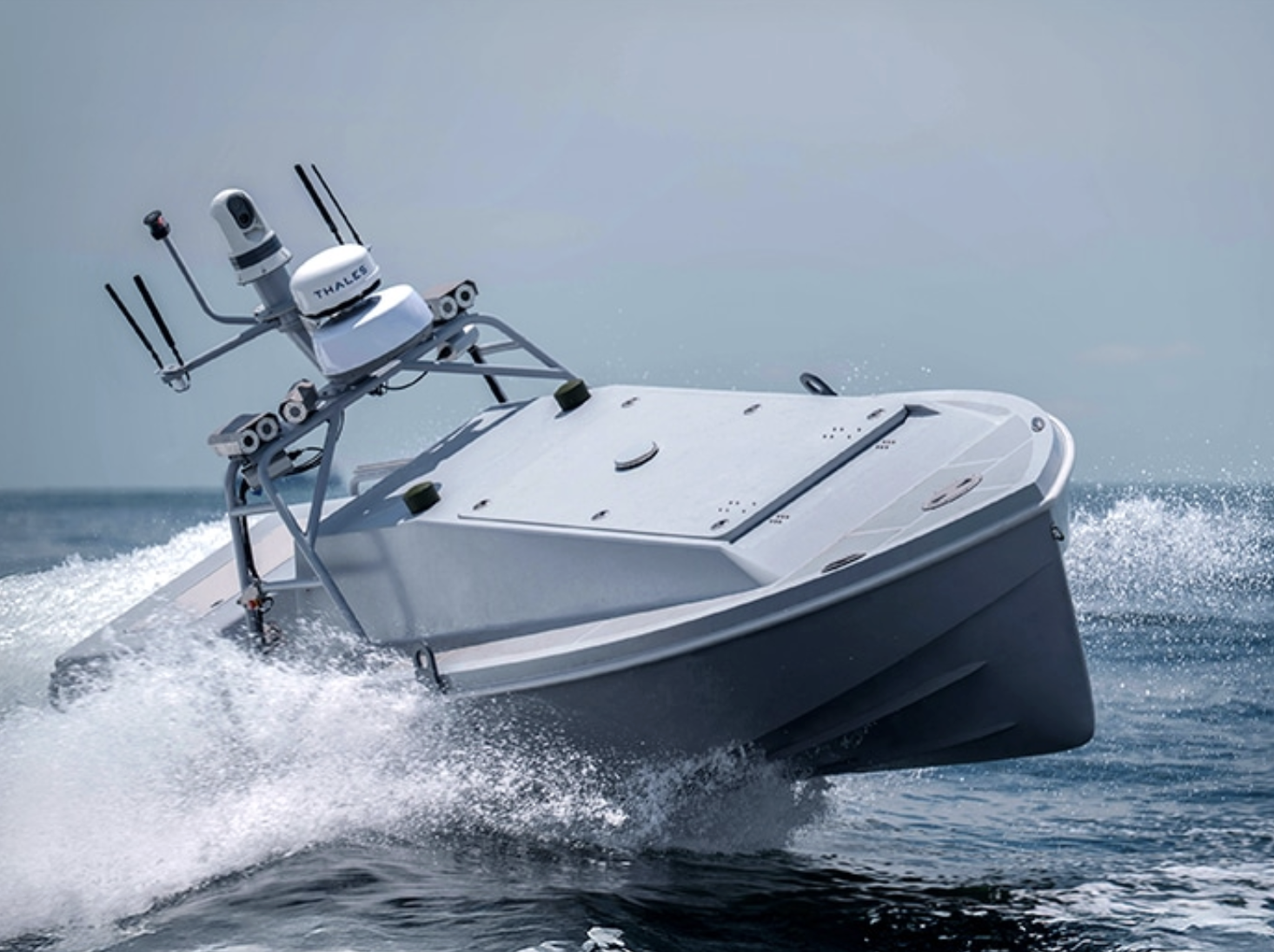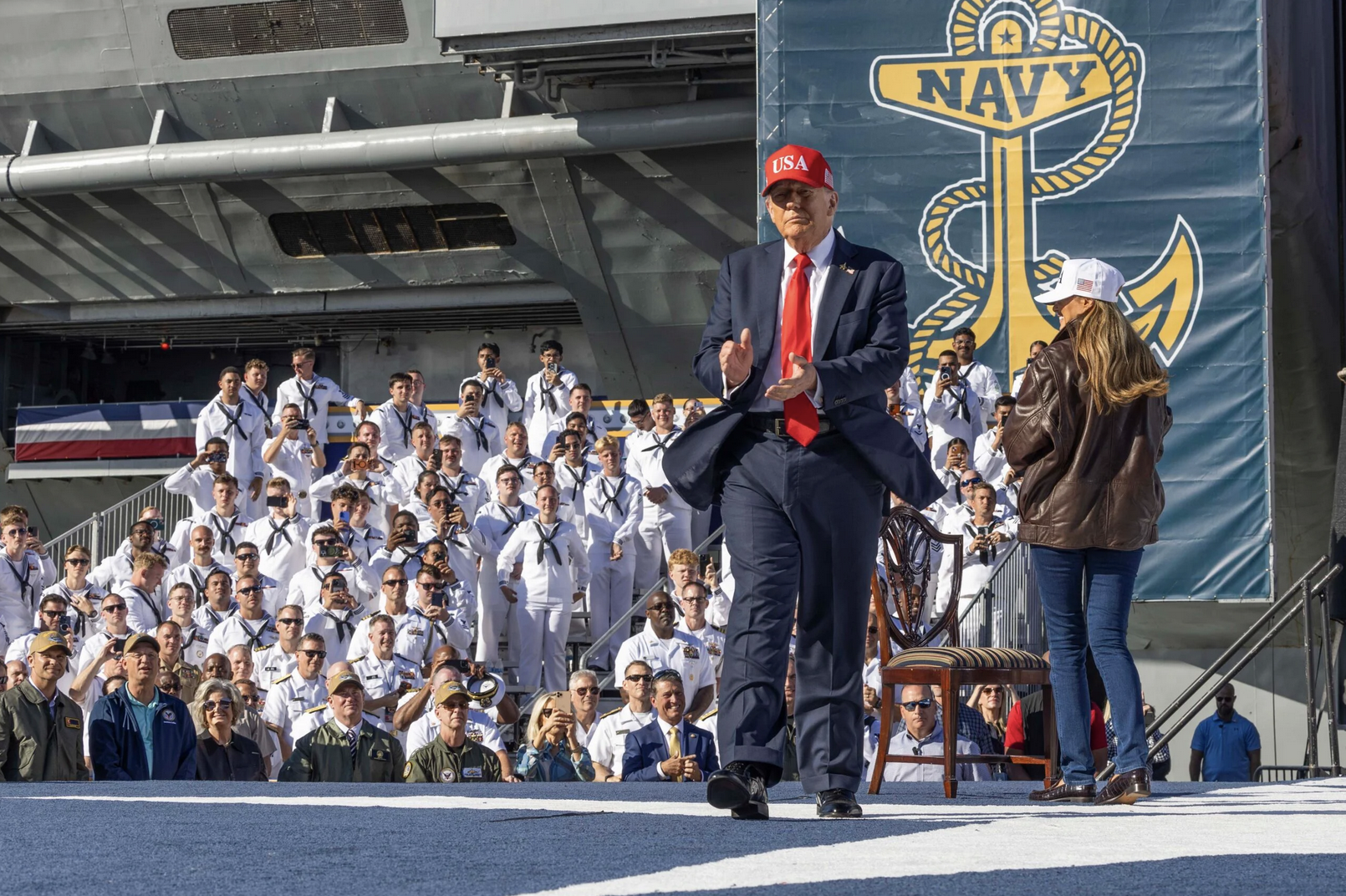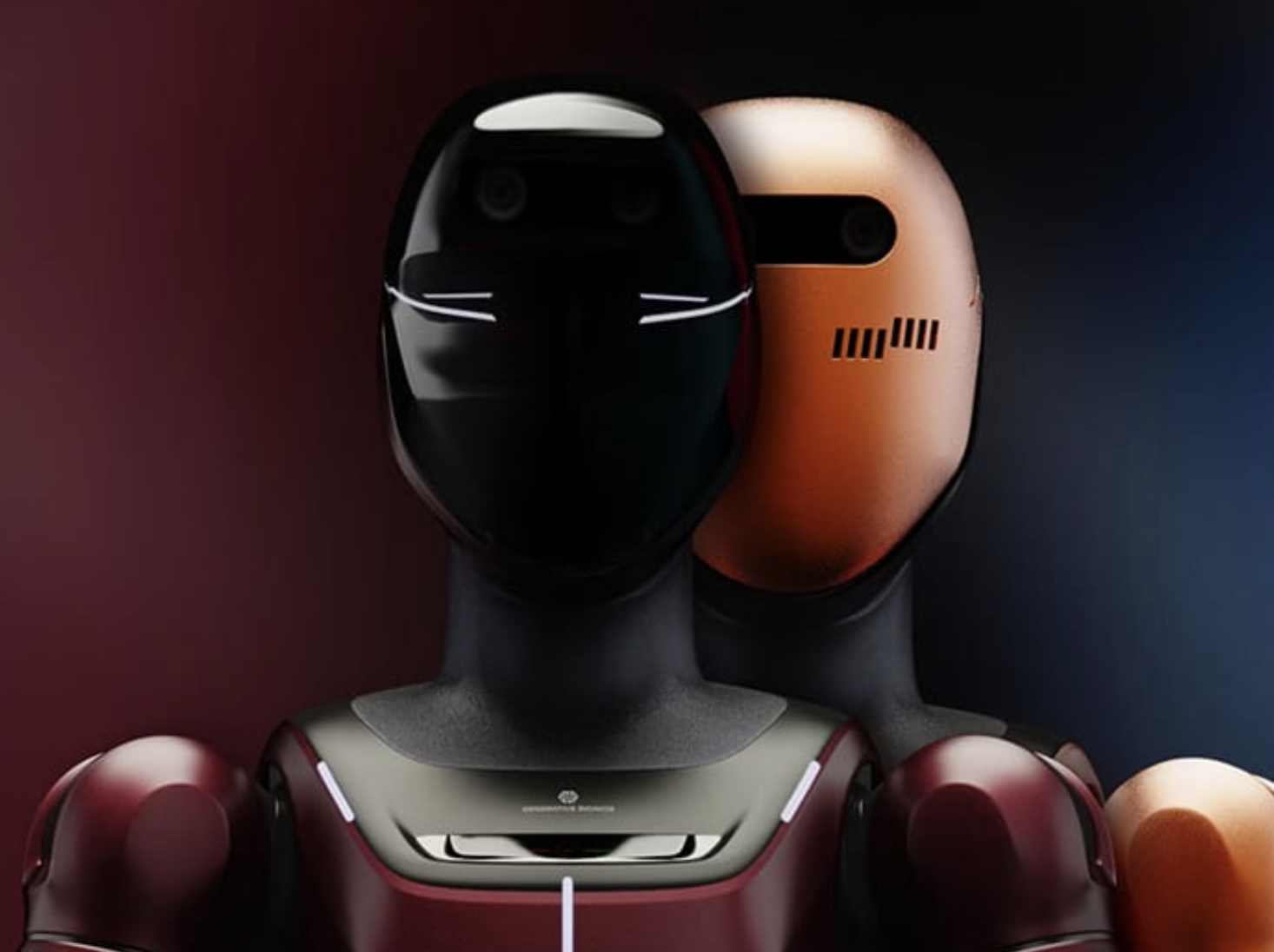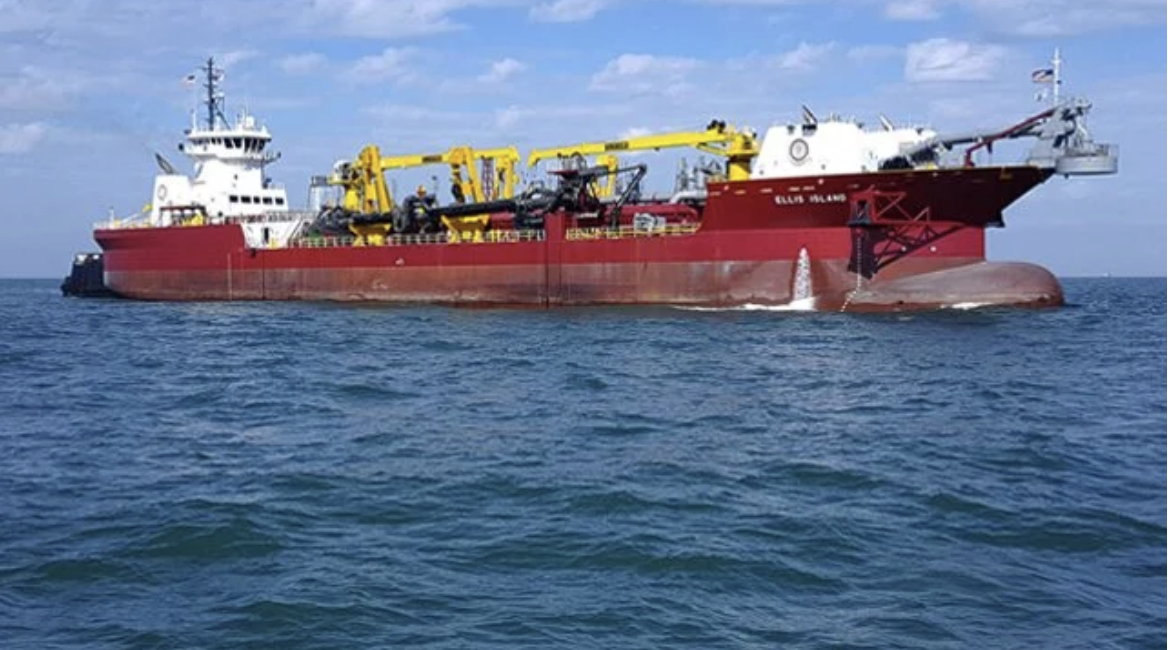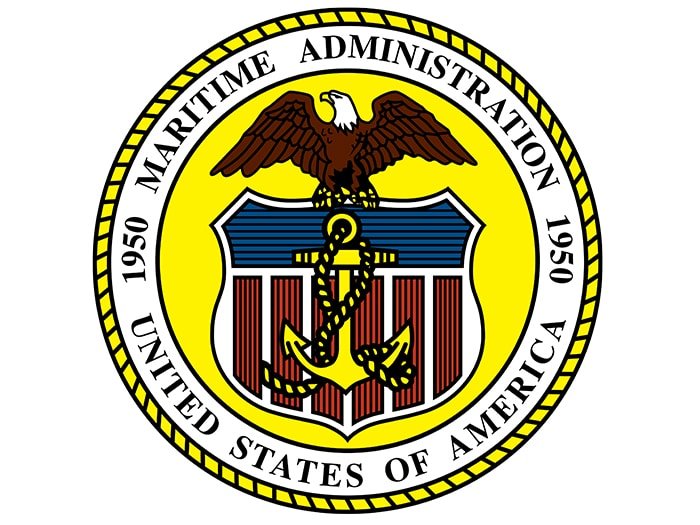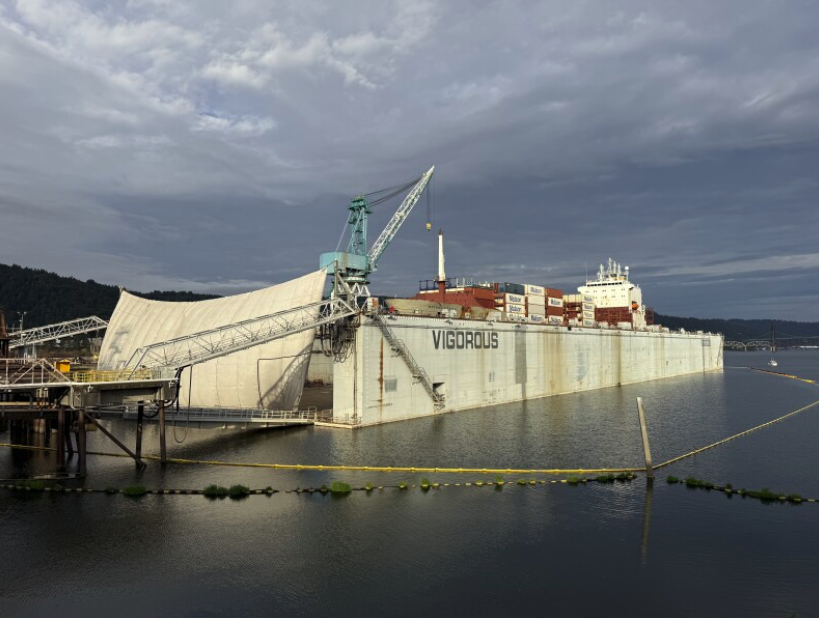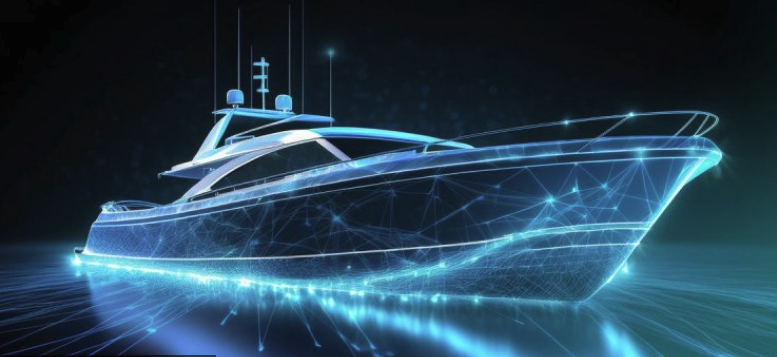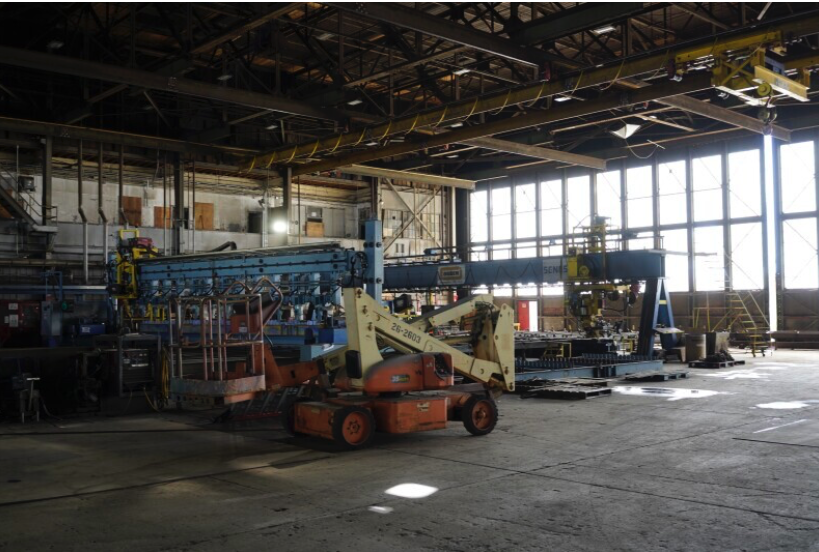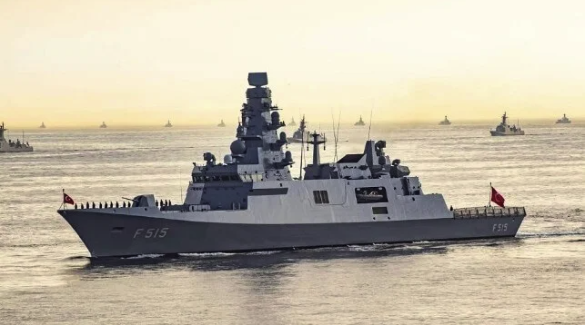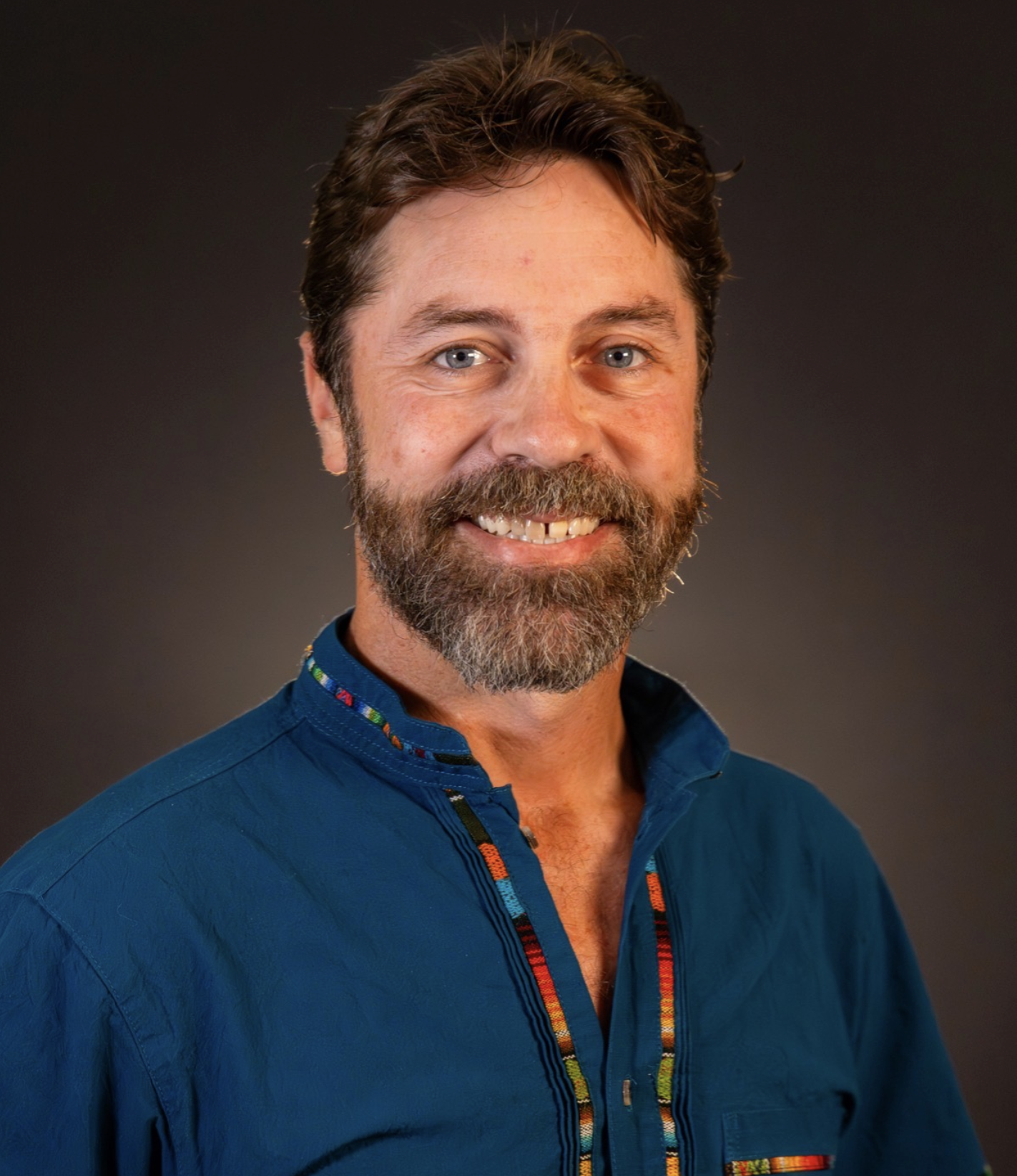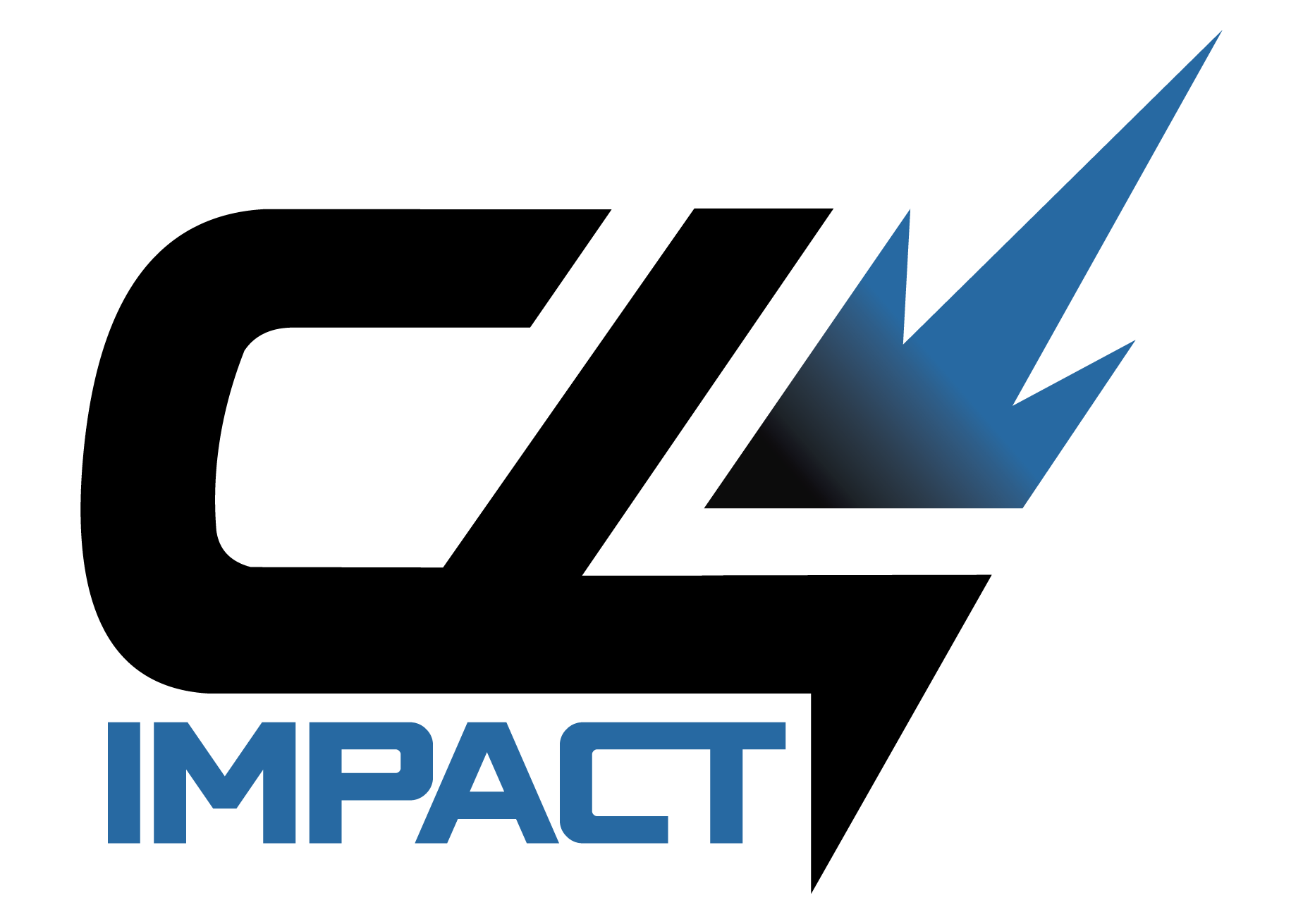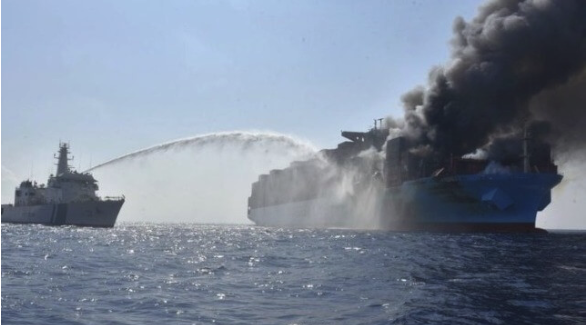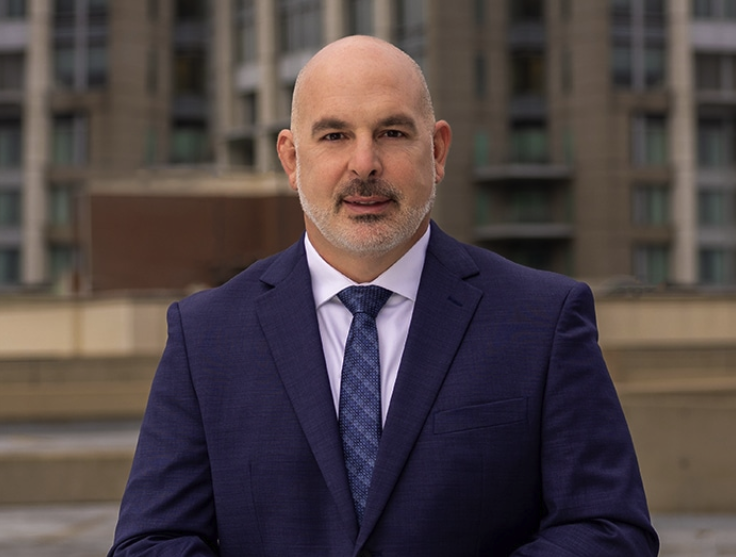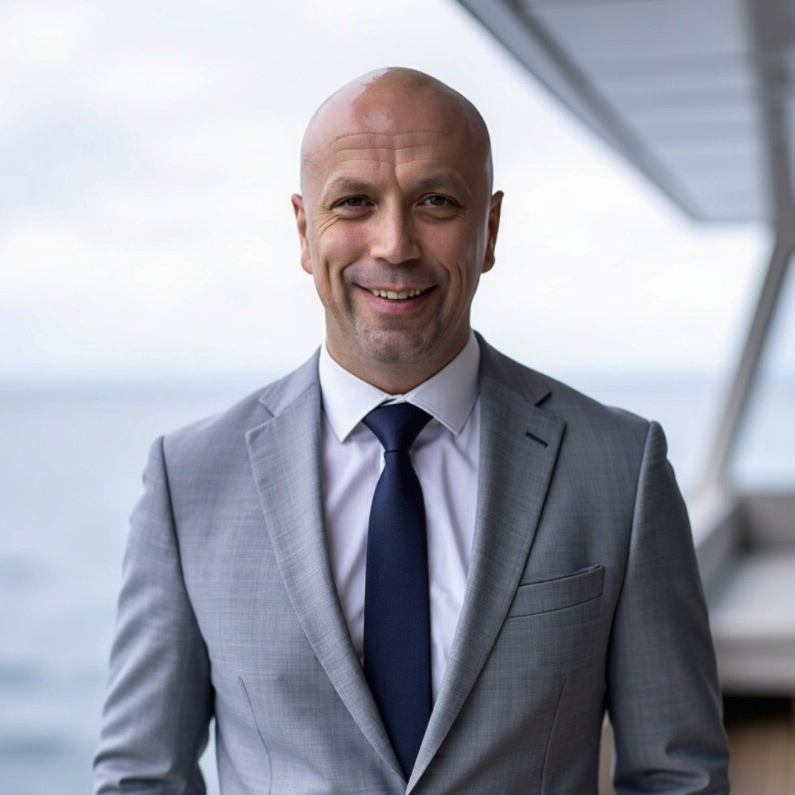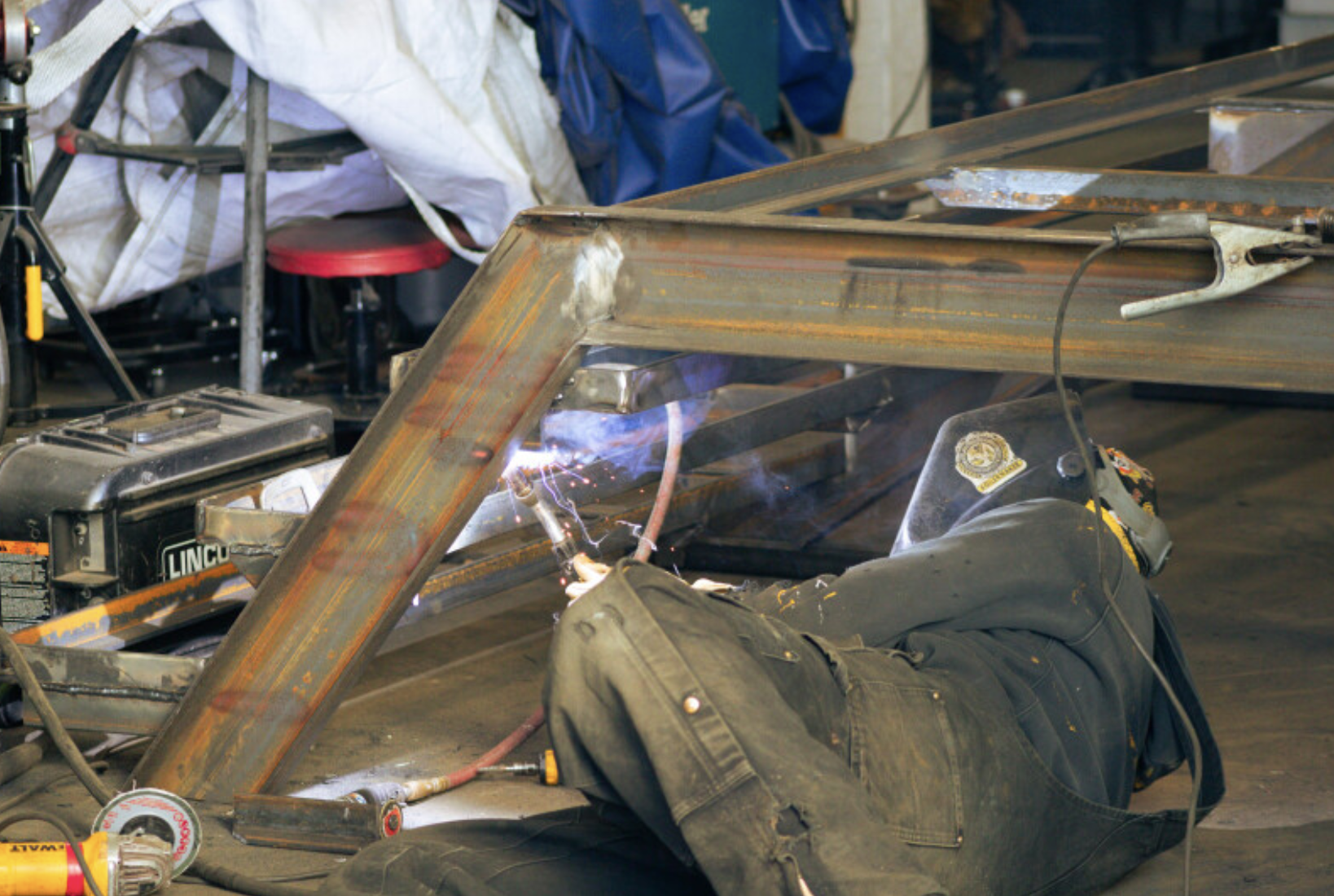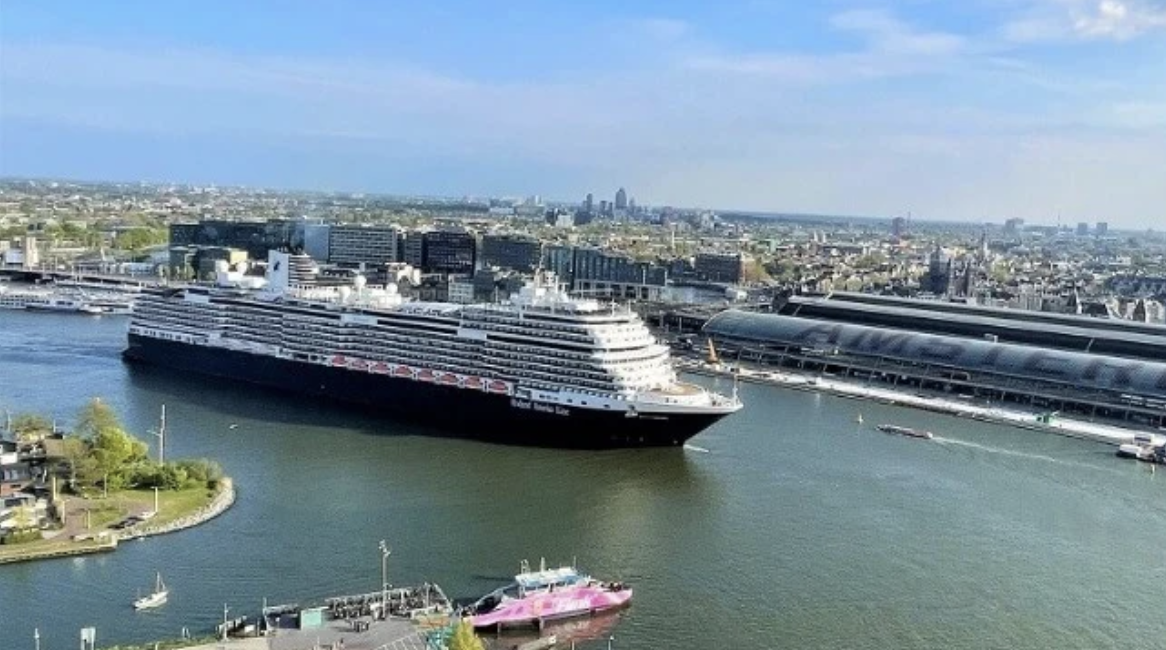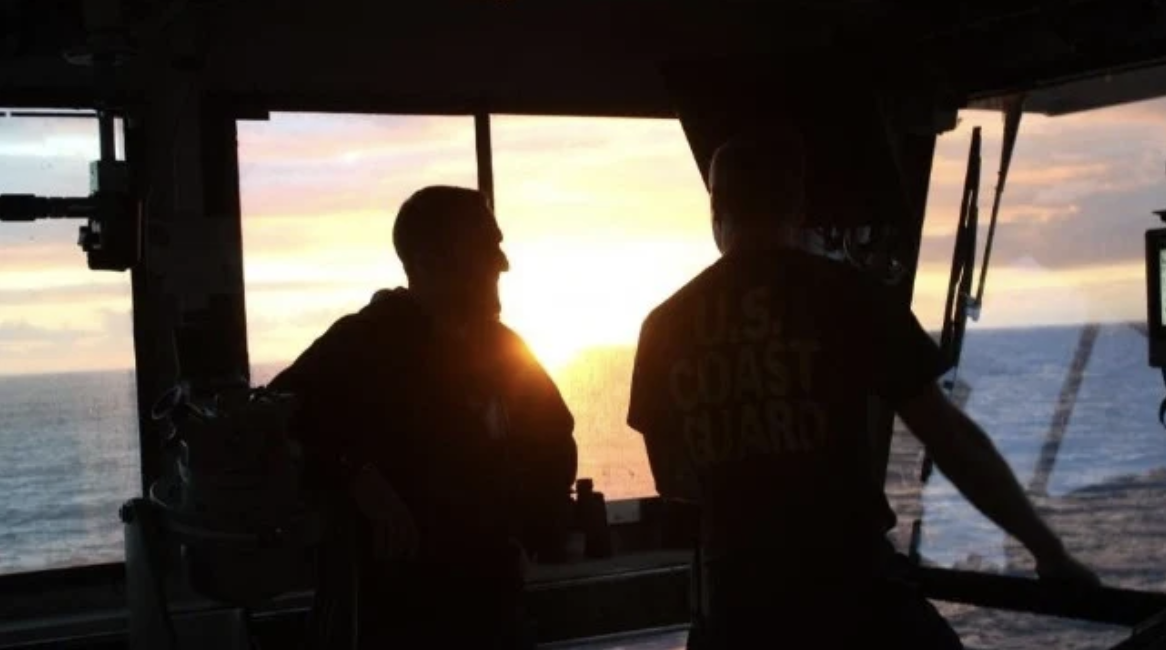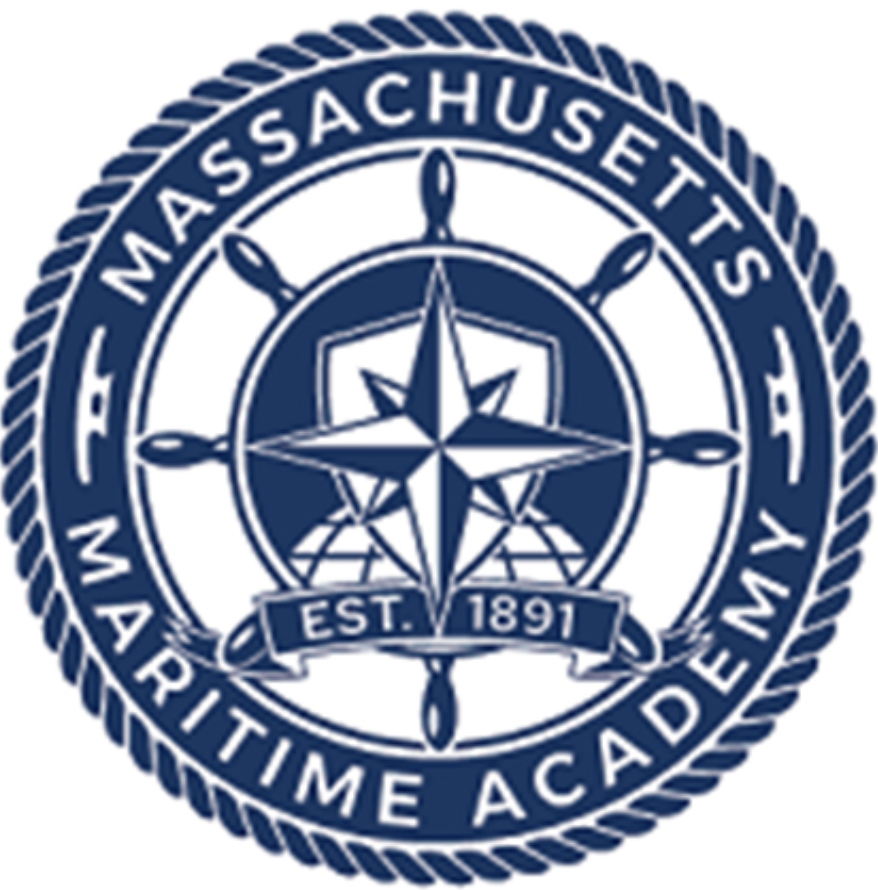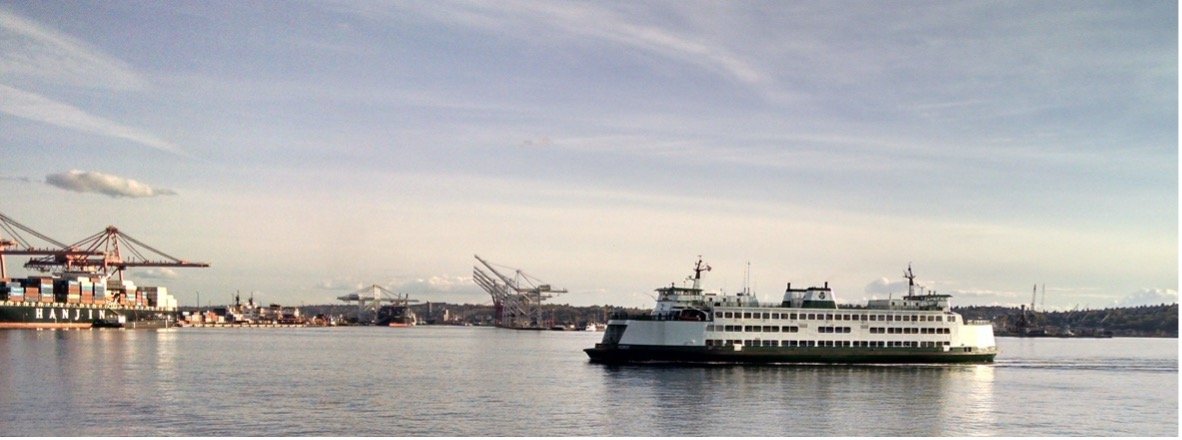Wavebreaker Blog & Industry News
Welcome to the Wavebreaker Blog & Industry News. Whether you are an experienced maritime professional, new to the industry or just looking to learn more, the Wavebreaker Blog & Industry News is a great place to get industry updates and information, perspective pieces and insights about the industry. We welcome your feedback too. If you’d like to write a post, let us know! Send us an email with your feedback or interest in writing to marine.coe@skagit.edu
Washington house passes bill to expand passenger ferry service
As part of our Career Connect Washington Maritime Sector ongoing work, we actively track, document, and inform about emerging technologies and trends. The Washington House of Representatives has passed legislation that would allow local governments, ports, tribes, and private operators to run passenger ferry service across Puget Sound. House Bill 1923, known as the Mosquito Fleet Act, passed by a vote of 84 to 11 on Feb. 16. The bill now heads to the state Senate for consideration. Under current Washington state law, most local governments, ports, tribes, and private operators are prohibited from running foot ferry service, with limited exceptions including Kitsap Transit's fast ferry operation. "It's time to allow passenger ferries to connect communities once again," said Rep. Greg Nance, D-Kitsap, who sponsored the legislation. "They're the fastest and most cost-effective way to get boats on the water and restore reliable ferry service — while creating good-paying jobs right here in Washington."
Saronic explores integrating AI welding robotics across its shipyard ops
As part of our Career Connect Washington Maritime Sector ongoing work, we actively track, document, and inform about emerging technologies and trends. Hard on the heels of being selected to support a key DARPA program, Austin, Texas-headquartered autonomous vessel pioneer Saronic Technologies reports that it is looking to integrate physical AI for welding robotics across its shipyard operations. As part of this effort, Saronic has launched a collaboration with Columbus, Ohio-based Path Robotics to integrate advanced welding robotics technology into its Franklin, La., shipyard, the former Gulf Craft facility. The initial rollout will focus on intelligent welding cells, combining Path’s proven welding models with Saronic’s team of welders to deliver significant advancements in production efficiency, quality, and repeatability.
Trump Administration Details ‘Make Shipbuilding Great Again’ Effort in New Action Plan
As part of our Career Connect Washington Maritime Sector ongoing work, we actively track, document, and inform about emerging technologies and trends. The Trump administration announced its plans Friday for expanding the nation’s commercial shipbuilding and maritime capabilities, a three-pronged approach that calls for bolstering U.S. shipbuilding, increasing the mariner workforce and regulating the industry to encourage use of U.S.-built and flagged vessels. America’s Maritime Action Plan, published Feb. 13, provides a blueprint for the government, shipbuilders and the maritime industry to meet the requirements of an executive order signed last April by President Donald Trump that called for an overhaul of the U.S. shipping industry, including civilian and military shipbuilding capabilities, mariner training and credentialing and the U.S. port system.
Fincantieri partners with Generative Bionics to develop humanoid shipbuilding robots
As part of our Career Connect Washington Maritime Sector ongoing work, we actively track, document, and inform about emerging technologies and trends. Humanoid robots that can get into the same spaces that humans can are increasingly seen as part of the solution to shipyard labor and skills shortages. In the not too distant future, those robots could be at work in Fincantieri shipyards. The company has launched an industrial partnership with Generative Bionics, an Italian company focused on the development of autonomous humanoid robots. The aim is to develop a humanoid welding robot designed to operate alongside humans in Fincantieri’s shipyards.
Saltchuk Agrees to Buy Great Lakes Dredge & Dock in $1.5B Deal
As part of our Career Connect Washington Maritime Sector ongoing work, we actively track, document, and inform about emerging technologies and trends. Saltchuk Resources, which continues to build a diversified holding in marine services, freight transport, and energy distribution, has agreed to buy Great Lakes Dredge and Dock Corporation, the largest provider of dredging services in the United States. The deal, which has a total value of $1.5 billion, is an all-cash offer for the public company, which will become a standalone business within the private, family-owned Saltchuk group. A 136-year-old business, Great Lakes Dredge & Dock reports it has a fleet of approximately 200 specialized vessels, which it calls the largest and most diverse fleet in the U.S. dredging industry.
Trump signs $35M for Small Shipyard Grants in 2026
As part of our Career Connect Washington Maritime Sector ongoing work, we actively track, document, and inform about emerging technologies and trends. The Small Shipyard Grant Coalition says that the FY26 federal funding package recently signed by President Trump includes $35 million for the U.S. Maritime Administration’s Small Shipyard Grant Program. The funding triggers a statutory timeline for the grant program. By law, the Maritime Administration (MARAD) must publish its notice of funding opportunity within 15 days of enactment, expected around February 18. Applications will be due approximately 60 days later, placing the deadline around April 4.
French private equity firm to acquire Vigor Marine Group
As part of our Career Connect Washington Maritime Sector ongoing work, we actively track, document, and inform about emerging technologies and trends. French private equity firm Antin Infrastructure Partners, Paris, has agreed to acquire shipbuilding and repair company Vigor Marine Group, Portland, Ore., from an affiliate of Lone Star Funds, Dallas. The transaction is subject to customary regulatory approvals and is expected to close in 2026. Financial terms were not disclosed. Vigor Marine Group operates shipyard and fabrication facilities in Seattle; Portland; Vancouver, Wash.; San Diego; and Norfolk, Va. The company has six drydocks and 29 berths serving government and commercial customers. It generated nearly $1 billion in revenue in 2024 and employs about 2,700 workers.
A Look Into the State of the Marine Industry – November 2025
As part of our Career Connect Washington Maritime Sector ongoing work, we actively track, document, and inform about emerging technologies and trends. In November 2025, a Statistical Surveys report found the Marine industry recorded a -12.36% year-over-year (YoY) decline, a sharper drop than the -6.53% drop in November 2024, signaling a softer market through the end of the boating season.
Category Performance - Outperforming the marine market were Aluminum Fishing Boats, 8-24 feet (-5.19%), Aluminum Fishing Boat, 16-24 feet (-4.14%), Saltwater Outboards, 13-55 feet (-5.46%) and Bass (-6.69%), according to the report. Performing in line with the marine market is Aluminum Fishing Boats, 8-15 feet (-9.82%). However, the report found that underperforming in the marine market were Pontoons (-18.12%) and PWCs (-23.64%).
Regional Performance - While overall sales declined, the report found that certain markets are notably outperforming the national average, presenting opportunities for dealers. At the same time, other regions are experiencing sharper declines, highlighting potential challenges to watch.
Marad ups Small Shipyard Grant Program to $35 million
As part of our Career Connect Washington Maritime Sector ongoing work, we actively track, document, and inform about emerging technologies and trends. The Small Shipyard Grant Coalition (SSGC) announced Feb. 4 that the federal Small Shipyard Grant Program will receive $35 million in fiscal year 2026 funding following the signing of the latest federal appropriations package. The total represents a notable increase compared with the previous two years. In a press release, SSGC said the funding, administered by the U.S. Maritime Administration (Marad), continues a multiyear trend of congressional support aimed at strengthening small and mid-sized U.S. shipyards through capital improvements and workforce training. Under statutory requirements, Marad must publish its Notice of Funding Opportunity (NOFO) within 15 days of enactment. The notice is expected by Feb. 18, with applications anticipated to be due by April 4. Awards are typically announced in early June.
Report: U.S. Navy is Feeling Out Ship Construction Options in Turkey
As part of our Career Connect Washington Maritime Sector ongoing work, we actively track, document, and inform about emerging technologies and trends. Momentum appears to be building within some corners of the Trump administration to offshore U.S. Navy warship production to yards in U.S. allied nations, where well-developed shipbuilding industries with available capacity can be found. It would require changing U.S. law and longstanding practice, but this has not deterred proponents: South Korea's "Big Three" have openly sought the administration's support for building American warships in Korea, and U.S. officials have recently met with Turkish counterparts to discuss component and frigate construction in Turkey, insiders told Mideast Eye.
ABYC Names Educator of the Year Matthew Mardesich is an instructor in engines and mechanical systems at Skagit Valley College in Mount Vernon, Wash.
As part of our Career Connect Washington Maritime Sector ongoing work, we actively track, document, and inform about emerging technologies and trends. The American Boat & Yacht Council today named Matthew Mardesich its 2025 Educator of the Year. The recognition honors marine service technology instructors teaching in a high school, post-secondary school or within the industry. According to a statement, Mardesich is co-department chair and an instructor in engines and mechanical systems at Skagit Valley College in Mount Vernon, Wash., a Marine Trades Accreditation Program school.
Maritime in the High Desert
As part of our Career Connect Washington Maritime Sector ongoing work, we actively track, document, and inform about emerging technologies and trends. Eastern Washington is often described in simple terms. People picture dry ground, wide horizons, irrigation pivots turning in slow circles, and long stretches of highway cutting through open land. That image has some truth to it, but it leaves out a defining part of how the region actually operates. Eastern Washington is shaped just as much by water as it is by land, and the maritime industry plays a far larger role here than most people realize. The reason is the Columbia River. Although the Pacific Ocean sits far to the west, the Columbia and its connected waterways form an inland maritime system that quietly drives the region’s economy.
Op-Ed: Fully-Compliant Fire Systems May Fall Short Against Modern Risks
As part of our Career Connect Washington Maritime Sector ongoing work, we actively track, document, and inform about emerging technologies and trends. Inspection reports across much of the commercial fleet paint a reassuring picture. Fire detection systems are operational, fixed firefighting systems are in good working order, equipment is serviced on time and instructions are correctly posted. On paper, vessels are doing what is required of them.
The problem is that paper compliance is increasingly being mistaken for operational readiness.
Birdon America plans to open a sixth location at the Port of Pensacola
As part of our Career Connect Washington Maritime Sector ongoing work, we actively track, document, and inform about emerging technologies and trends. Birdon America reports that it plans to develop and operate a 400,000-square-foot advanced ship manufacturing facility at the Port of Pensacola, Florida. This will be Birdon’s sixth U.S. location. In partnership with the City of Pensacola and other regional and national stakeholders, Birdon plans to establish a facility that will incorporate the latest technology and modern shipbuilding practices, creating more than three million production man hours per year of additional capacity for fabrication of ships and modules to support the U.S. maritime industrial base. The facility will employ approximately 2,000 personnel, including engineering, skilled trades, and other support roles.
WSF’s Steve Nevey on running the nation’s largest ferry system
As part of our Career Connect Washington Maritime Sector ongoing work, we actively track, document, and inform about emerging technologies and trends. WorkBoat recently spoke with Steve Nevey, executive director of Washington State Ferries, to discuss the operational realities of running the nation’s largest ferry system amid an aging fleet, workforce shortages, and a complex transition toward hybrid-electric propulsion. Alongside those challenges, Nevey reflects on the progress made rebuilding crew pipelines, improving reliability, and staying closely connected to crews across the system as changes take hold.
Marine Group Boat Works awarded Navy grant to expand certified welding workforce
As part of our Career Connect Washington Maritime Sector ongoing work, we actively track, document, and inform about emerging technologies and trends. Marine Group Boat Works, San Diego, Calif., has been awarded a $633,005 grant from the U.S. Navy to establish a grant-funded maritime welding program aimed at expanding the pool of welders certified to Navy standards for shipbuilding and repair work. The grant covers 75% of the program’s total cost, with Marine Group funding the remaining 25%. The initiative is designed to address workforce constraints by increasing the number of welders certified to Naval Sea Systems Command (NAVSEA) requirements, supporting production capacity for Navy surface ships and other maritime assets.
Amsterdam Government Calls for Banning Ocean Cruise Ships by 2035
As part of our Career Connect Washington Maritime Sector ongoing work, we actively track, document, and inform about emerging technologies and trends. After agreeing to limit and then relocate cruise ships out of the center of the Dutch city, members of Amsterdam’s coalition government, including the mayor and some aldermen, are now saying it would be more cost-effective to simply eliminate cruise ships. On Wednesday, January 21, they floated a plan to phase out all port calls by ocean-going cruise ships by 2035, while maintaining a smaller number of river cruise ship calls. Concerns about pollution and overtourism have been growing in Amsterdam for nearly a decade.
Op-Ed: Mental Health Care is Safety-Critical, Not an Added Benefit
As part of our Career Connect Washington Maritime Sector ongoing work, we actively track, document, and inform about emerging technologies and trends. If mental health is not treated as safety-critical, we risk losing a whole generation of seafarers who are not willing to sacrifice their health for a career, regardless of how well-paid it is. Life at sea can be unforgiving, seafarers face long stretches away from home, shift patterns that disrupt sleep, demanding operational pressures, isolation, harsh weather, and often little privacy. We are already seeing heightened anxiety in younger seafarers before they have even stepped foot on the ship. Some of this is genuine incidence, some is better recognition and willingness to disclose. Younger seafarers often report performance pressure, financial insecurity, and digital overexposure earlier in their careers.
Mass Maritime partners up for shipbuilding workforce development project
As part of our Career Connect Washington Maritime Sector ongoing work, we actively track, document, and inform about emerging technologies and trends. There’s a strong Finnish component to how Massachusetts Maritime Academy (MMA) will use the $5.8 million shipbuilding workforce development grant it was recently awarded by the U.S. Department of Labor. The academy will partner with Satakunta University of Applied Sciences (SAMK) in Rauma, Finland, to develop an international shipbuilding fellowship. Additional shipbuilding workforce development project consortium partners include Bollinger Shipyards and Finland’s Länsirannikon Koulutus Oy WinNova (WinNova) and Rauma Marine Constructions (RMC) — which is partnering with Bollinger to build USCG Arctic Security Cutter icebreakers.
Washington State Shipbuilding & U.S. Maritime Dominance
As part of our Career Connect Washington Maritime Sector ongoing work, we actively track, document, and inform about emerging technologies and trends. Washington is a maritime state, thus our focus on U.S. shipbuilding and maritime fuels for our Winter meeting this February. The two go hand in hand, and there are significant workforce considerations for BOTH. Shipbuilding and vessel maintenance capacity in Washington represents one of our most strategic maritime workforce challenges and opportunities.
